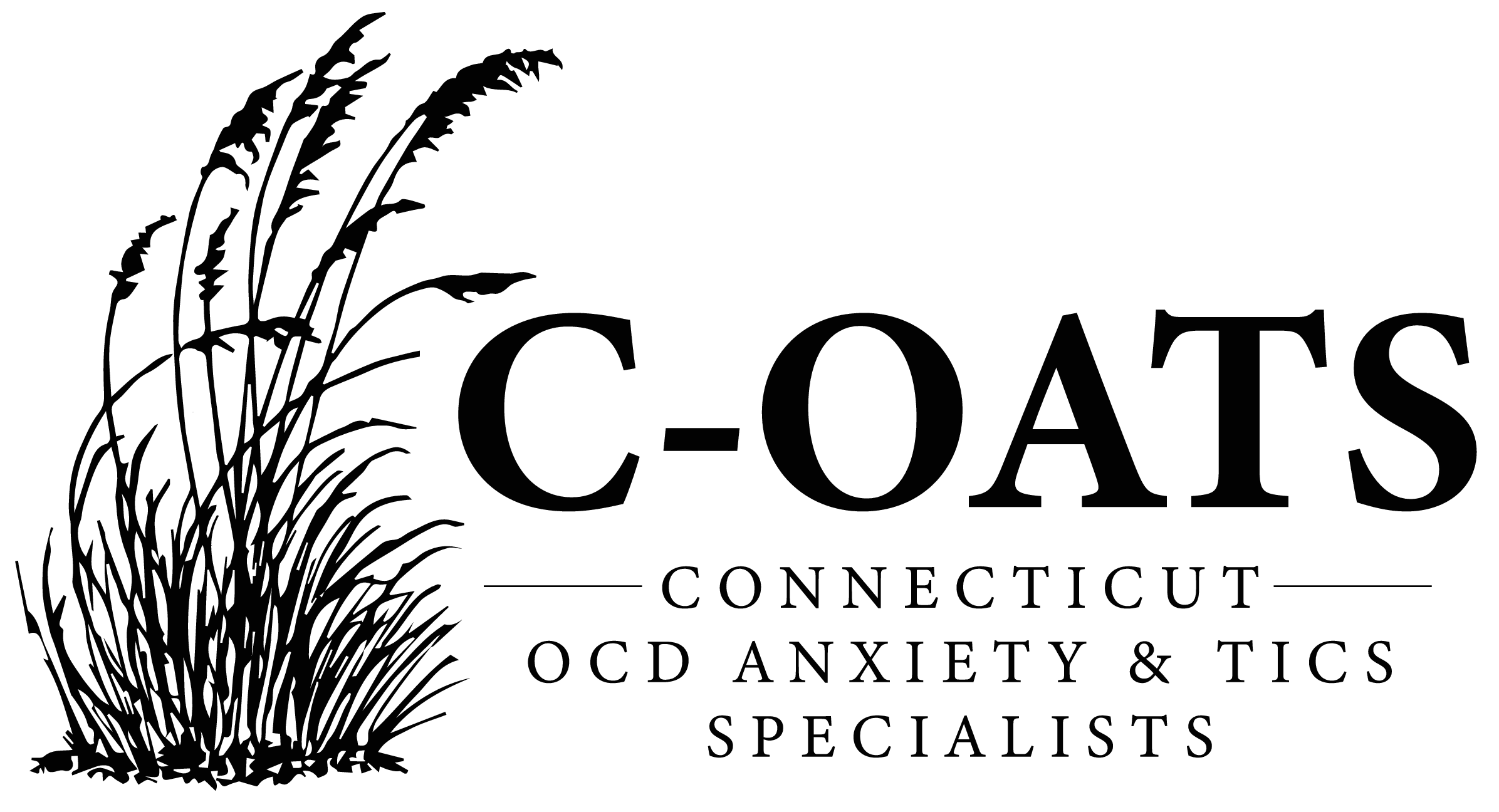Obsessive-Compulsive Disorder (OCD) is a serious mental health condition that affects millions of people worldwide, including a significant number of children. Despite its prevalence, there’s a persistent stigma surrounding OCD. This stigma can further complicate the condition, often leading to misdiagnosis, delayed treatment, and increased feelings of isolation and distress among those affected. This article explores the latest research on the stigma associated with OCD and offers strategies to break the cycle.
The Nature of OCD Stigma
Stigma around OCD typically stems from misconceptions and stereotypes about the disorder. OCD is often wrongly portrayed as a personality quirk or a minor inconvenience, rather than a serious mental health issue. This misunderstanding can lead to people with OCD being judged or dismissed, which can discourage them from seeking help and exacerbate their symptoms.
Latest Research on OCD Stigma
Recent research has highlighted the ways in which stigma affects individuals with OCD. Studies show that perceived stigma can lead to lower self-esteem, increased severity of OCD symptoms, and poorer treatment outcomes. It’s also been found that children and adolescents with OCD often face discrimination and bullying, which can negatively impact their social and emotional development.
Breaking the Cycle
Breaking the cycle of stigma requires education, awareness, and empathy. Here are some ways to achieve this:
- Educate Yourself and Others: Understand the true nature of OCD, including its causes, symptoms, and treatments. Share this information with others to dispel common misconceptions.
- Promote Open Conversations: Encourage open and respectful conversations about mental health. This can help reduce the shame and secrecy often associated with conditions like OCD.
- Support Mental Health Advocacy: Support organizations and initiatives that promote mental health awareness and fight against stigma.
- Practice Empathy: If you know someone with OCD, show them understanding and kindness. Avoid making jokes or comments that could perpetuate stigma.
- Seek Professional Help: If you or a loved one is struggling with OCD, seek help from a mental health professional. Early intervention can significantly improve the prognosis and reduce the impact of stigma.
- Encourage Representation: Advocate for accurate and sensitive representation of OCD in media, literature, and public discussions.
The stigma surrounding OCD can be as damaging as the disorder itself, but through education, awareness, and empathy, we can begin to break the cycle. Remember, OCD is a manageable condition, and with the right treatment and support, individuals with OCD can lead fulfilling lives.




Comments
0 Comments